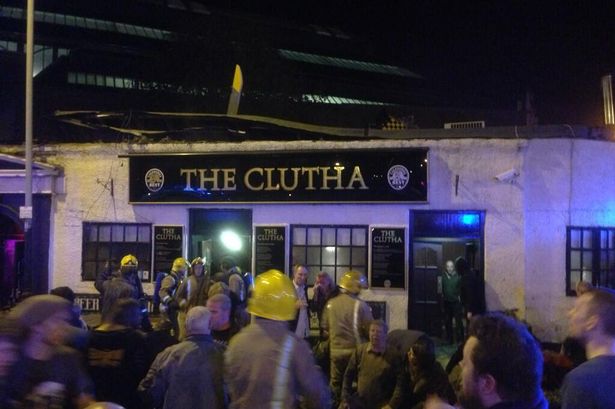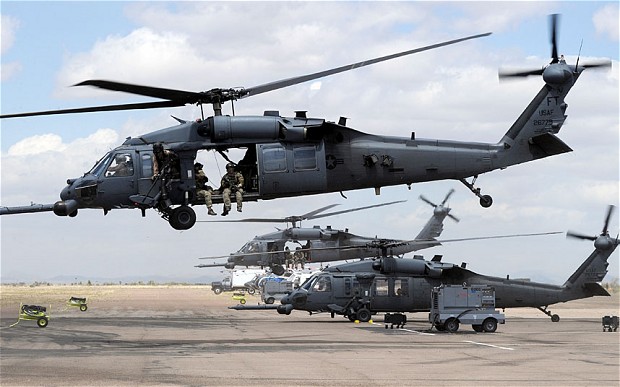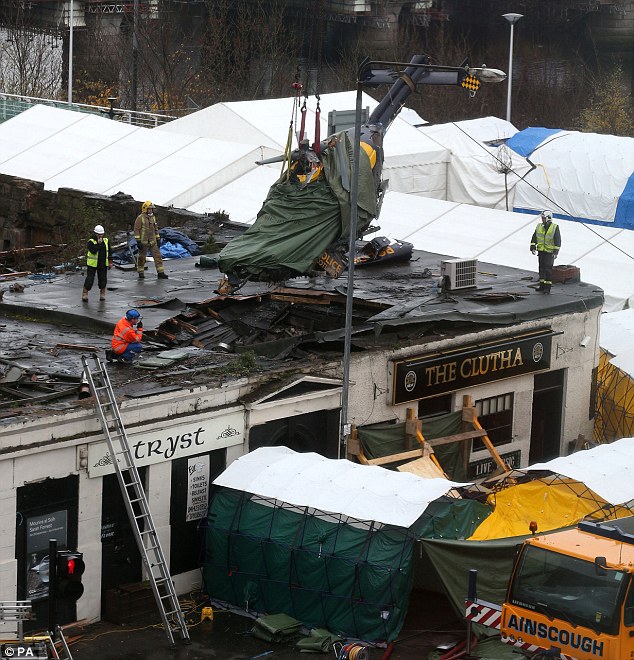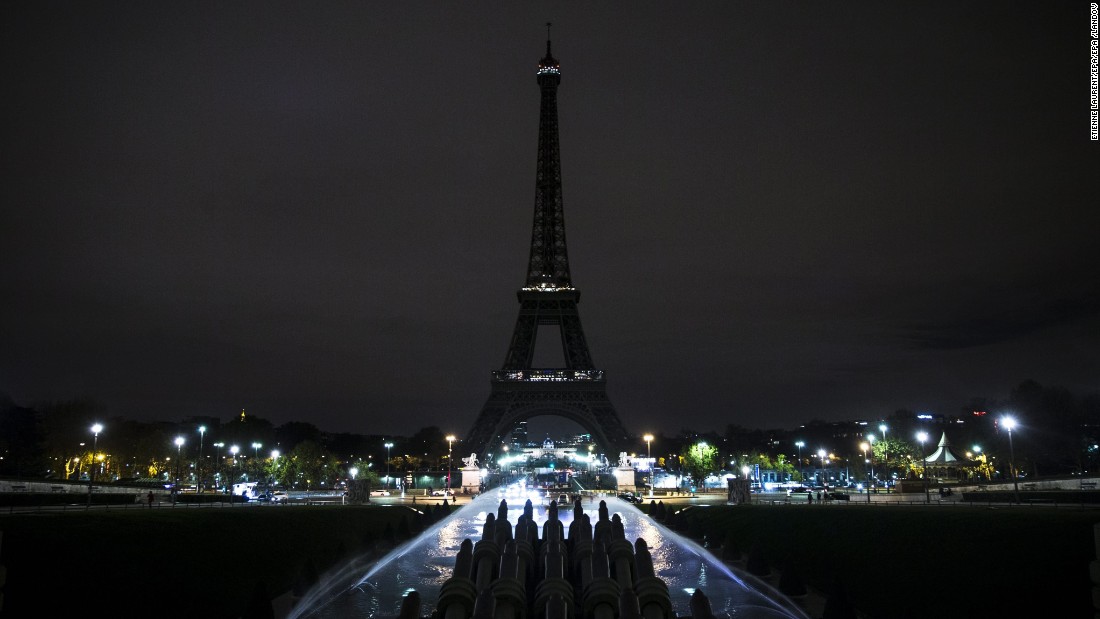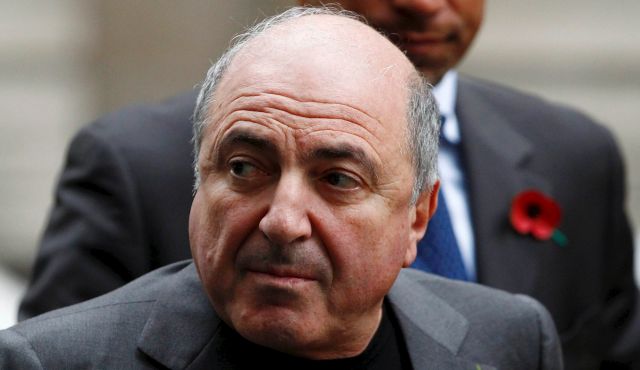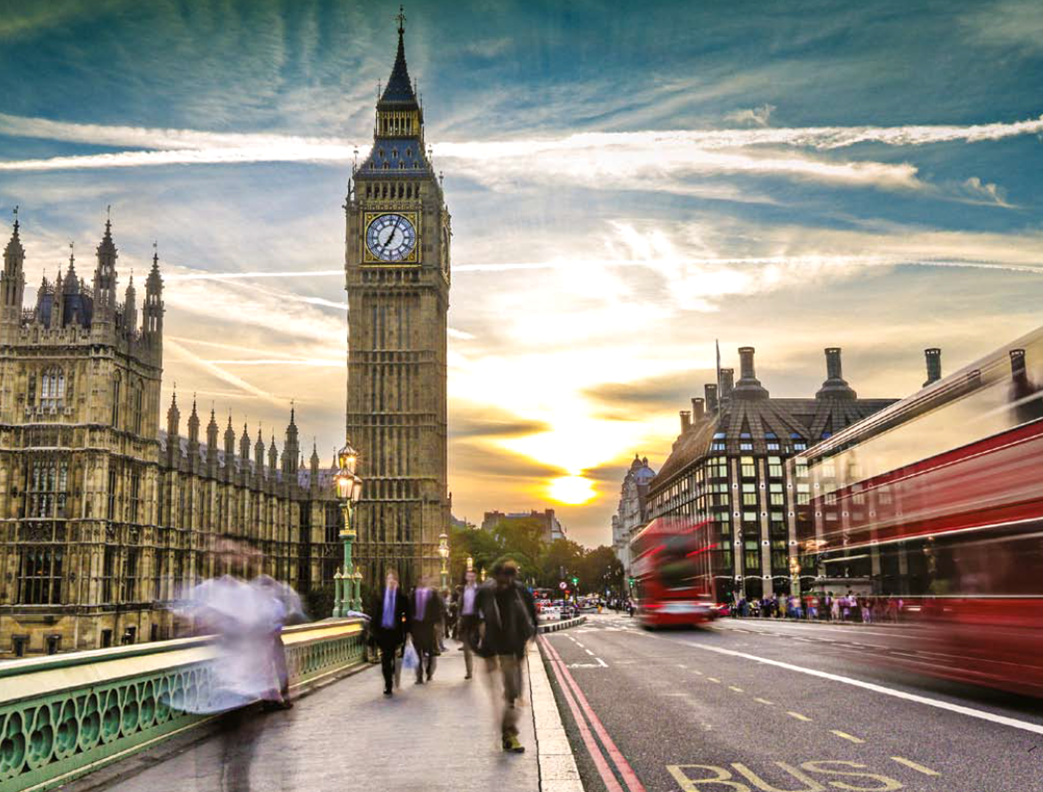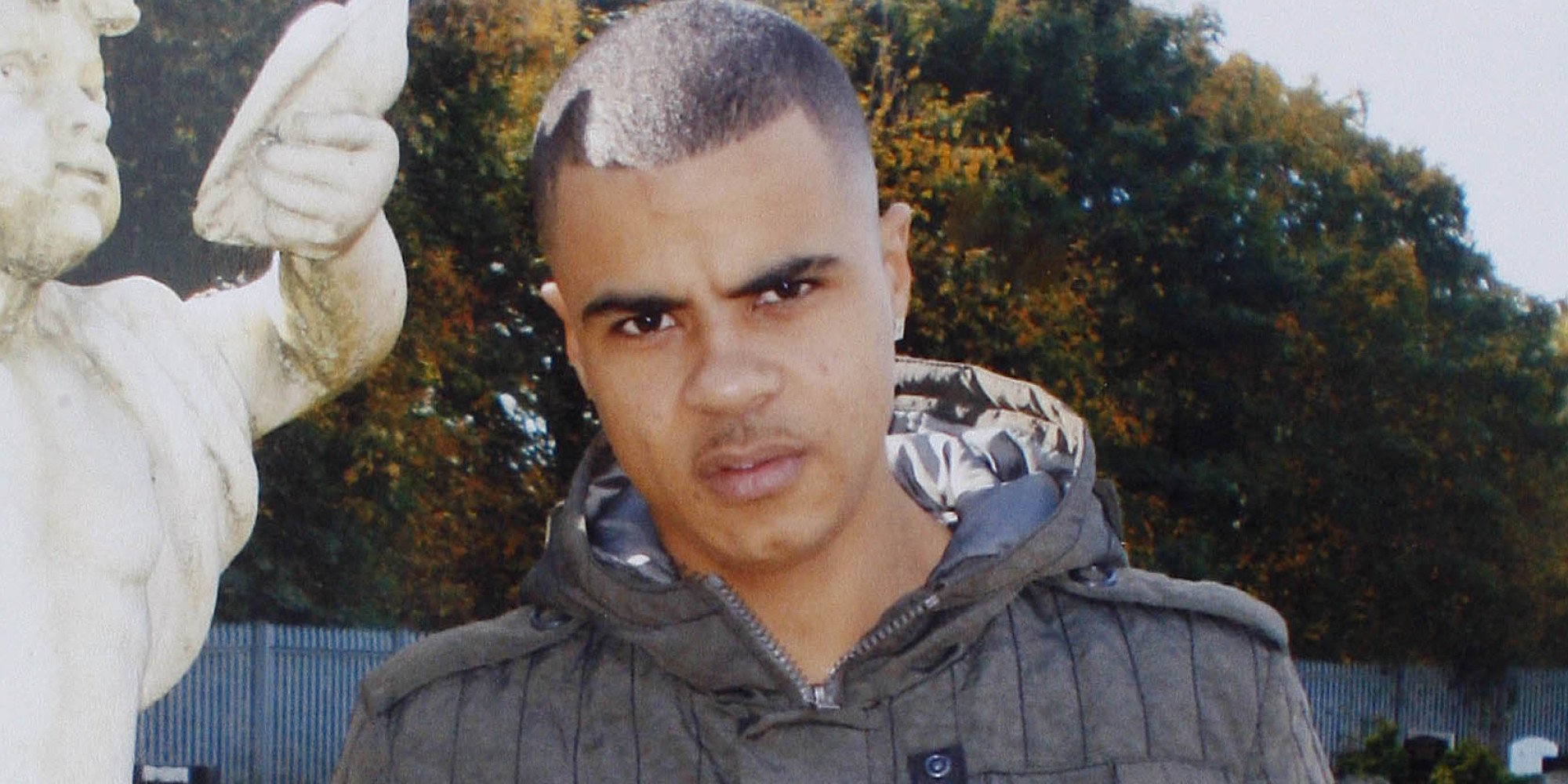Glasgow Helicopter Crashes Into Pub
Police have warned that the number of people killed when a police helicopter crashed into a busy Glasgow pub will rise in the “coming hours” after confirming one death.
The Chief Constable of Scotland Police said they were now dealing with a “search and recovery operation” after rescue teams worked through the night to try and pull people from the wreckage of The Clutha Vaults pub.
But he said they were still hoping to find survivors alive in the remains of the building.
At least six people died when the helicopter crashed through the roof of the lively city nightspot, which was packed with more than 100 people watching a band, at 10.25pm on Friday.
Eyewitnesses have described the helicopter to be “falling like a stone” on to the roof, while some have suggested that there was a problem with the aircraft’s rotor.
Grace MacLean, who was inside the pub when the helicopter struck said: “Someone started shouting and the band cut the music … and then all of a sudden this cloud of dust came.”
“You couldn’t breathe for inhaling a mouthful of dust. You couldn’t see anything. You were clawing at the walls to see where the exit is.”
William Byrne, who was listening to the band with his brother, said: “There was a huge bang and there was a couple of seconds of almost stillness after this band and then the whole other side of the pub from where I was collapsed and then the roof and gantry of the bar collapsed.”
People at the scene told how they worked to form a human chain to carry unconscious people out of the pub.
Among the helpers was Labour’s international development spokesman Jim Murphy, who said: “I just saw dozens and dozens of people coming out of the pub. It is a horrible, horrible scene.”
Speaking at a news conference on Saturday morning, Chief Constable Sir Stephen House said: “Sadly, at this time I can confirm one fatality. We expect that number to increase over the coming hours.”
He confirmed that a further 32 people had been taken to Victoria Infirmary, Glasgow Royal Infirmary and the Western Infirmary with “multiple injuries”.
Sir Stephen said that specialist teams were working to stabilise the building in a “difficult and sensitive” operation and said: “We’re still in a search and recovery phase, and as always our prayers are that it is successful and we do recover people alive.”
He said: “There are people on the scene trying to make contact with anyone who may be alive… All we can do is confirm there has been one fatality but we are fearful there will be more.”
Rescue teams had said they had contacted people inside the pub overnight but Sir Stephen could not say when the last contact had been made.
One worried relative at the scene of the crash, Alice Healy, said how she had not heard from her cousin who had been inside the pub when the aircraft hit.
Another, John McGarrigle, 38, said that he had been told by someone inside the pub that his 59-year-old father, also called John, had been sitting at precisely the spot the aircraft had come down and that he had been killed but that authorities had not been able to confirm this.
First Minister Alex Salmond said: “This is a black day for Glasgow and Scotland but it’s also St Andrew’s Day and it’s a day we can take pride and courage in how we respond to adversity and tragedy.”
He praised the “instinctive bravery of ordinary Glaswegians” who went to the rescue of those trapped inside the pub and the emergency services.
The police have given no details of what has happened to the crew of two officers and a civilian pilot on board the helicopter.
It is still unclear what caused the crash, with one eyewitness saying the aircraft “dropped like a stone” and police have now launched a full investigation into the crash under the direction of the Crown Office and Procurator Fiscal Service.
Investigators from the Air Accident Investigation Branch (AAIB) were on the scene on Saturday morning trying to piece together what had happened.
Aviation expert David Learmount, a pilot and safety editor at the aviation news website Flightglobal, said: “This type of helicopter is sophisticated and robust. It’s a very modern aircraft. I think what has happened here is that you have had an aircraft that became either uncontrollable or partially controllable.”
“We just don’t know how much control the pilot did have in the final seconds of the flight. Something dramatic has probably suddenly occurred – probably some mechanical failure of some kind.”
The British Airline Pilots’ Association said that the crash did raise concerns over helicopter safety.
A tent had been erected on top of the pub on Saturday morning over the wreckage of the aircraft, whose rotor could be seen protruding from the roof.
The helicopter, a EC135 T2, which is widely used by the police, has a good safety record, with one incident in 2007 after which the AAIB asked manufacturers Eurocopter to look at a stability system switch.
Members of Esperanza, the band playing at the time of the tragedy, all escaped from the wreckage unharmed.
They posted on their Facebook site: “Despite the situation everyone was so helpful and caring of each other. The police, ambulances (and) firefighters all did a stellar job and continue to do so today in extremely difficult conditions.”
“Our biggest concern is that everyone is found and can get the care and help they need.”
In a statement, Prime Minister David Cameron said: “This is a tragic event and our deepest sympathies are with the families and friends who lost a loved one last night.”
“I want to thank the emergency services who worked tirelessly throughout the night and I also want to pay tribute to the bravery of the ordinary Glaswegians who rushed to help.”
“We have offered the Scottish Government our support in any way we can and we are all wishing a speedy recovery to those who are injured.”
Labour leader Ed Miliband said: “There will be lots of people worried about their loved ones who are unaccounted for, and my thoughts are with them, and also with the people of Glasgow, who are an incredibly strong people, who showed last night in reaction when the helicopter hit, great bravery, great courage, great calm, in the midst of all this.”
A number of St Andrew’s Day events were being cancelled on Saturday morning as the tragic toll of Friday night’s crash started to become apparent.
Flags across Scotland were flying at half mast throughout the weekend and the Scottish Football Association said there would be a minute’s silence at the 13 Scottish Cup games on Saturday.
Members of the public concerned about relatives who may have been involved in the crash can call an emergency helpline on 0800 092 0410.
Update:
Police Scotland Chief Constable Sir Stephen House confirms that the crew of the helicopter – PC Kirsty Nelis, PC Tony Collins and pilot Captain David Traill – all died in the crash
Eight deaths have been confirmed but Sir Stephen says there is a possibility the number of dead may rise
There are 12 people still being treated in Glasgow hospitals – three of the injured are in intensive care
A victim from inside the pub has been named as Gary Arthur, 48, of Paisley, the father of Celtic and Scottish women’s footballer Chloe Arthur
A memorial service has been held at Glasgow Cathedral to remember the victims
The police and fire operation at the building is expected to last for several days
Investigators have said there is no evidence that the police helicopter that crashed into the bar in Glasgow, killing nine people, suffered an engine or gearbox failure.
An initial report from the Air Accidents Investigation Branch (AAIB) found that “all significant components were present” when, according to witnesses, the aircraft “dropped like a stone” and came down on the Clutha bar last month.
It also confirmed that while all rotor blades were attached at the time of impact, neither the main blades nor the tail blades were rotating.
“Initial evidence indicated that the helicopter struck the flat roof of the building with a high rate of descent and low/negligible forward speed,” the report said.
It added: “Initial assessment provided no evidence of major mechanical disruption to either engine and indicated that the main rotor gearbox was capable of providing drive.”
The AAIB said the helicopter suffered “very extensive damage” when it crashed through the roof of the bar on the banks of the River Clyde shortly after 10.20pm on November 29.
There was no fire, despite the helicopter containing at least 95 litres of fuel – around a quarter of the amount it took off with nearly two hours before.
The remains of the aircraft have been inspected at AAIB’s headquarters in Farnborough, Hampshire, where a detailed examination continues.
Although the helicopter was not fitted with flight recorders, investigators are combing through radar data covering the flight, as well as radio communications and footage from CCTV cameras.
The AAIB’s initial report revealed the pilot had significant experience, having flown more than 5,500 hours, including 646 behind the controls of the type of helicopter involved in the crash.

